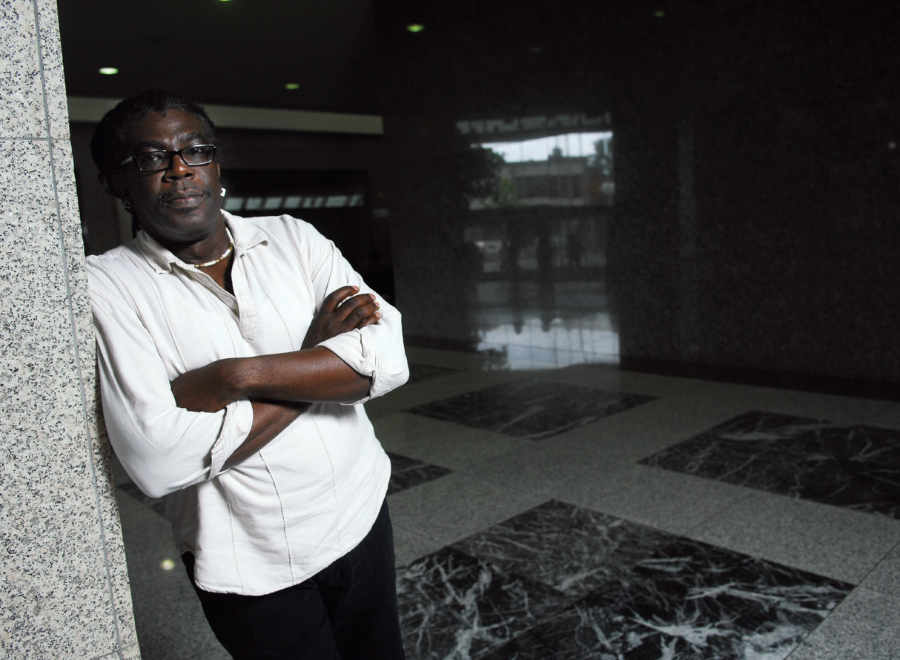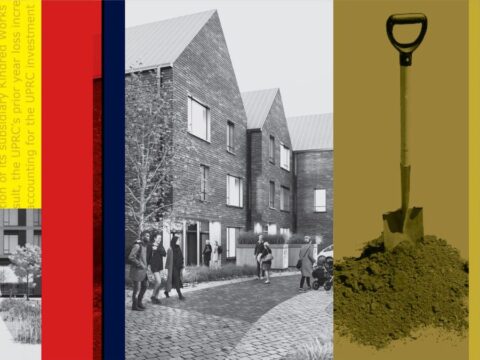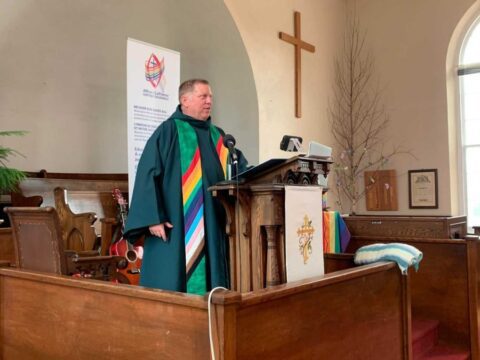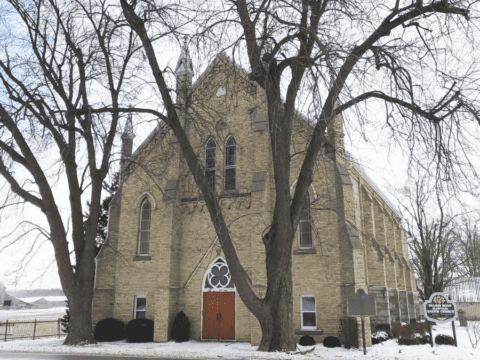Nine years ago, The United Church of Canada named racism a sin. Next month, it will begin a mandatory education program for ministers designed to root out racism and eliminate it. Eventually, white United Church people will be asked to consider the “white privilege” they wield and to recognize the often-subtle ways racism creeps into ministry, outreach and everyday church life.
The United Church, racist? For those who take pride in their church’s commitment to inclusiveness and tolerance, that idea may seem like a tough pill to swallow. But it’s a necessary one, say leaders among the United Church’s visible minorities. “We are increasingly becoming a nation of minorities, and we need to be able to figure out how to be church in the middle of that,” says Rev. Michael Blair, executive minister of the General Council’s intercultural communities and diversity unit. Learning how to spot racist attitudes and behaviours so deeply entrenched they are almost invisible is a big part of the challenge.
You may unsubscribe from any of our newsletters at any time.
The object is “not to point fingers of blame,” says Rev. Jennifer Janzen-Ball, a staffperson who is designing a series of racial-justice education workshops, “but to say, ‘This is where we are. We are mostly a white church….These are the ways we structure ourselves.’”
No one accuses the church of being overtly racist in its official policies or procedures. But anti-racism advocates argue that racial injustice lingers in subtle ways, from the kinds of songs congregations sing, to the way people are admitted to ministry, to who is chosen to serve at Presbytery and Conference. Unspoken attitudes are almost impossible to monitor and even harder to legislate against, but the payoff for eliminating underlying racism may be a church that can genuinely reach people of all backgrounds.
“It won’t be easy,” admits Janzen-Ball. At the very least, rank-and-file members will have to confront racism where they thought none existed and get used to language that may strike many as provocative.
IN 2000, THE GENERAL COUNCIL adopted an anti-racism policy. Then the General Council Office created a senior staff position on racial and gender justice and set up processes to eliminate racial harassment and promote employment equity. Six years later, the General Council decided that becoming an intercultural church was a denominational priority. A national racial-justice advisory committee directed the church’s anti-racism initiatives and oversaw the publication of two resource books that describe racism in the church and suggest ways of dealing with it.
The resources have not exactly flown off the shelves. That’s likely because few church people see themselves or their actions as racist — which is precisely the problem, according to the editor of one of the resources. “White privilege is so internalized, colonial attitudes are so internalized, that people aren’t even aware of them,” says former Toronto Conference social justice and ethnic ministries staffperson Rev. Wenh-In Ng.
The most recent of the two resources includes anecdotes — both real and imagined — about ways in which white privilege can rear its head:
- White people’s overt messages of welcome subtly remind a black woman she is an outsider;
- A Japanese-Canadian is stereotyped as “bashful”;
- A congregational hiring committee fails to recognize cultural differences that make a potential minister appear unsuitable; and
- A Korean-Canadian is not allowed to represent a committee at Presbytery because of her accent and lack of experience.
Members of different ethnic communities in the church say they feel the sting of racism all the time. Janet Yee, a layperson from Calgary and member of the national racial-justice committee, says she speaks out about racism but is told she is “an angry Chinese woman making ‘my kind’ look bad….Racism reduces me to a skin colour, defines me and denies all that I am.”
Lynella Reid-James, a member of Knox United in Toronto, says that white privilege is still “automatic” among many members, even though her church is working hard to welcome people from the area’s growing Chinese community. “Some don’t want to see it, so we have to continue to put it in their faces, to hold it up,” says Reid-James.
Overcoming racism involves more than learning to be colour-blind, says Michael Blair. “The church says it operates from a colour-blind perspective and tends not to see colour. That in itself becomes problematic because my racial identity impacts who I am. So if you don’t see me as a racialized person, you don’t fully understand all of who I am.”
The educational initiative beginning next month will train 78 people who will work in pairs to lead racial-justice workshops in Presbyteries. (Criteria call for each team to consist of “one white-majority ethnic person” and “one racialized/minority person.”) The workshops will be mandatory for ministers and will either take a full day or be broken into a series of shorter sessions.
Jennifer Janzen-Ball says clergy training in Presbyteries should begin by early next year, and the influence felt in congregations several months later.
ONE OBVIOUS EFFECT will be the increased use of terms such as “racialized” instead of more widely accepted and understood language such as “visible minority” and “person of colour.” Blair admits there’s “a lot of push-back” on the term. But he and other anti-racism advocates insist that embracing terminology that accurately describes the dynamics of racism — in the case of “racialized,” the idea that white people see themselves as the norm while everyone else has a race — is an important step in confronting deeply entrenched attitudes.
Rev. Eleanor Scarlett, who works as an interim minister in Toronto, educates congregations on racism while helping them clarify their mission. “Racialized,” she says, is “a big word and a loaded word” that “needs to be defined in those teachable moments.” She adds, “It is amazing how education brings about transformation.” If ministers “are intentional about how they do their work, people can be changed.”
***
This story first appeared in The United Church Observer’s September 2009 issue with the title “Confronting hidden racism.”














